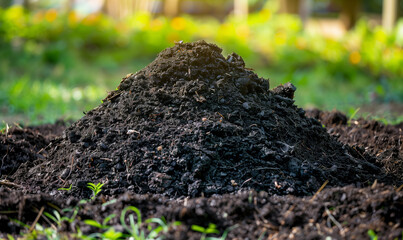
There was much talk about the great success of the G7 on Agriculture and Fisheries held on the island of Ortigia, in Syracuse.
Among the topics addressed during the ministerial meeting – agromafias, illegal labor, the Mediterranean diet, artificial intelligence, biotechnology, etc. – there doesn’t seem to have been any room for current and urgent issues such as agroecology, nature conservation, and the transition to a fairer and more sustainable model.
According to environmental organizations, this choice makes it clear that Italy is giving up on firmly pursuing the path toward a true ecological transition in its agricultural sector.
Agriculture and fisheries are closely linked to nature, as in addition to impacting climate change and biodiversity loss through their productive activities, they are also the economic sectors most affected by the consequences of global environmental crises.
Economic sustainability must necessarily go hand in hand with environmental and social sustainability; for this to happen, cultural resistance to change must be addressed, but above all, the economic logics and interests involving multinationals, agricultural associations, and the political world must be overcome.
